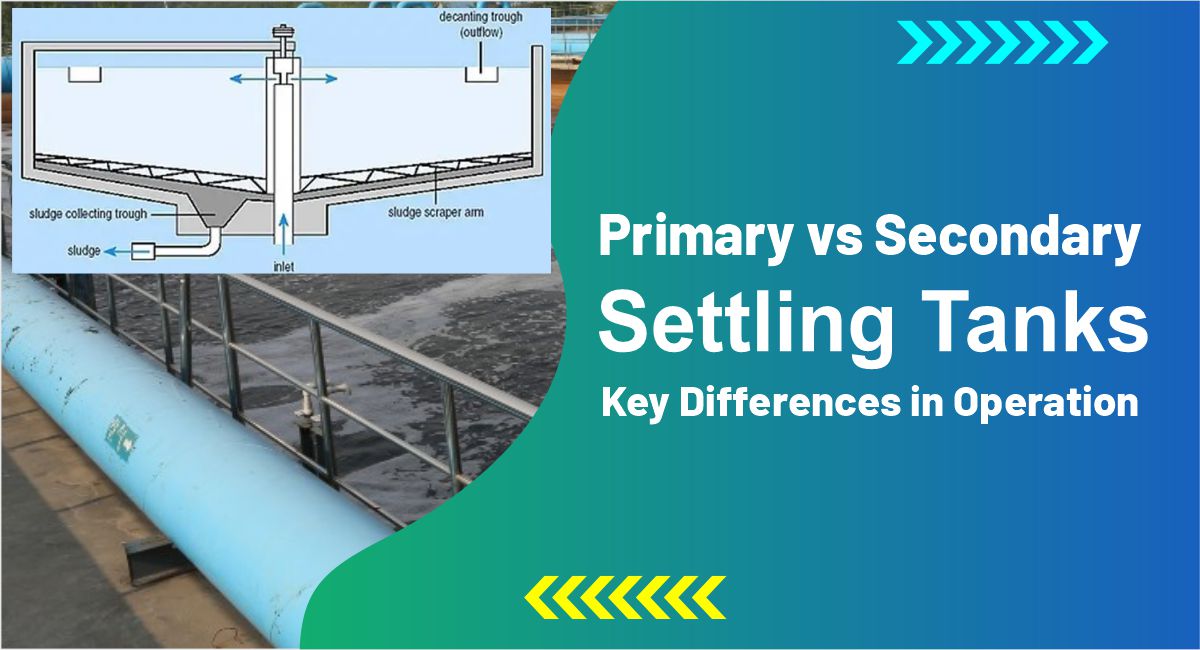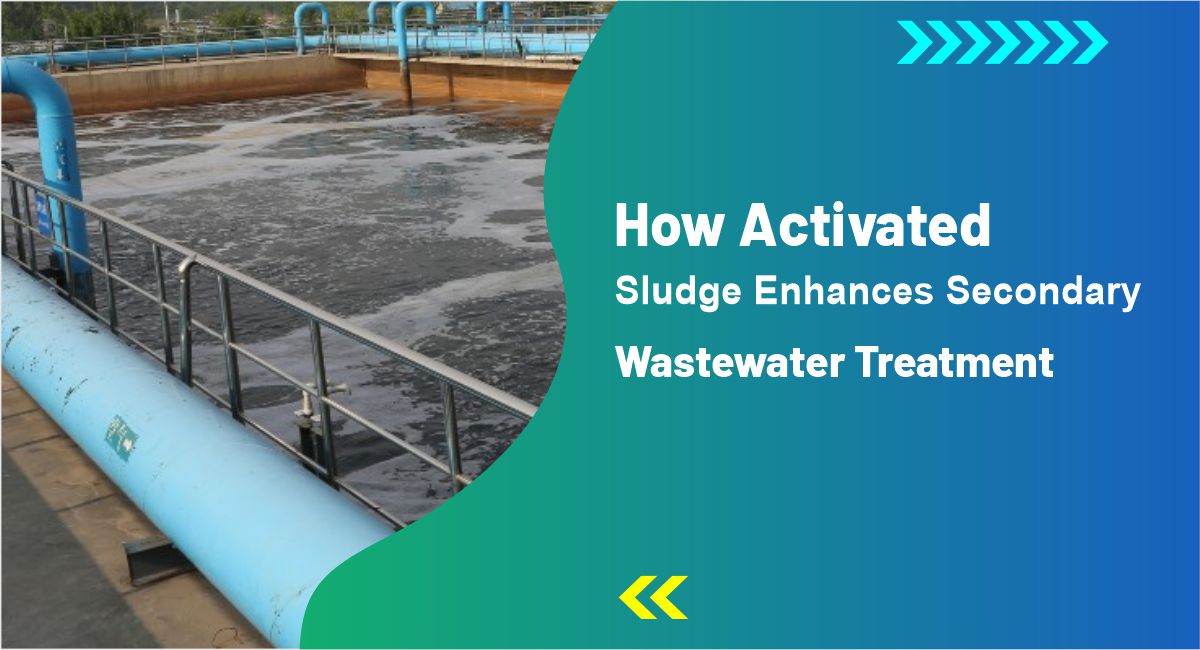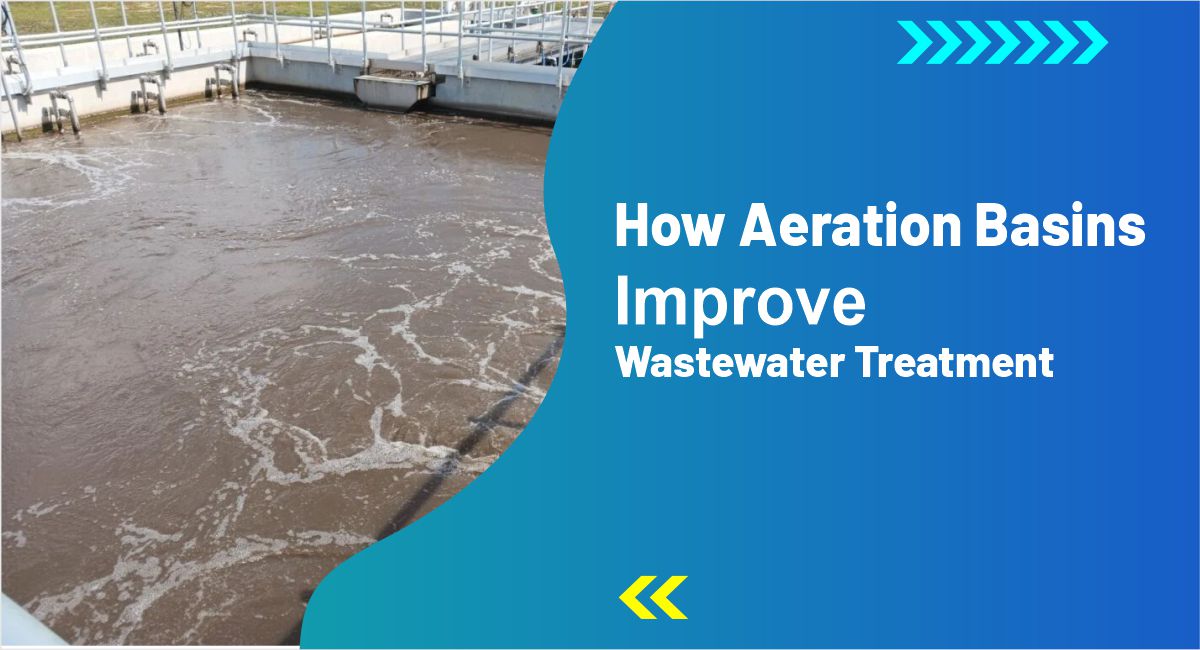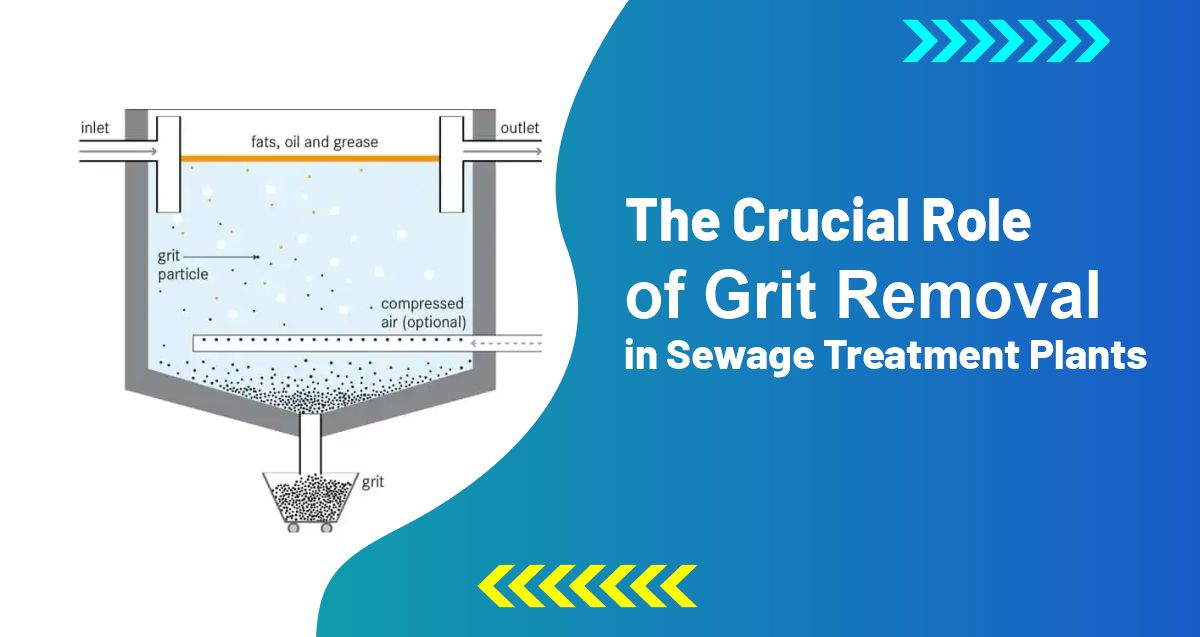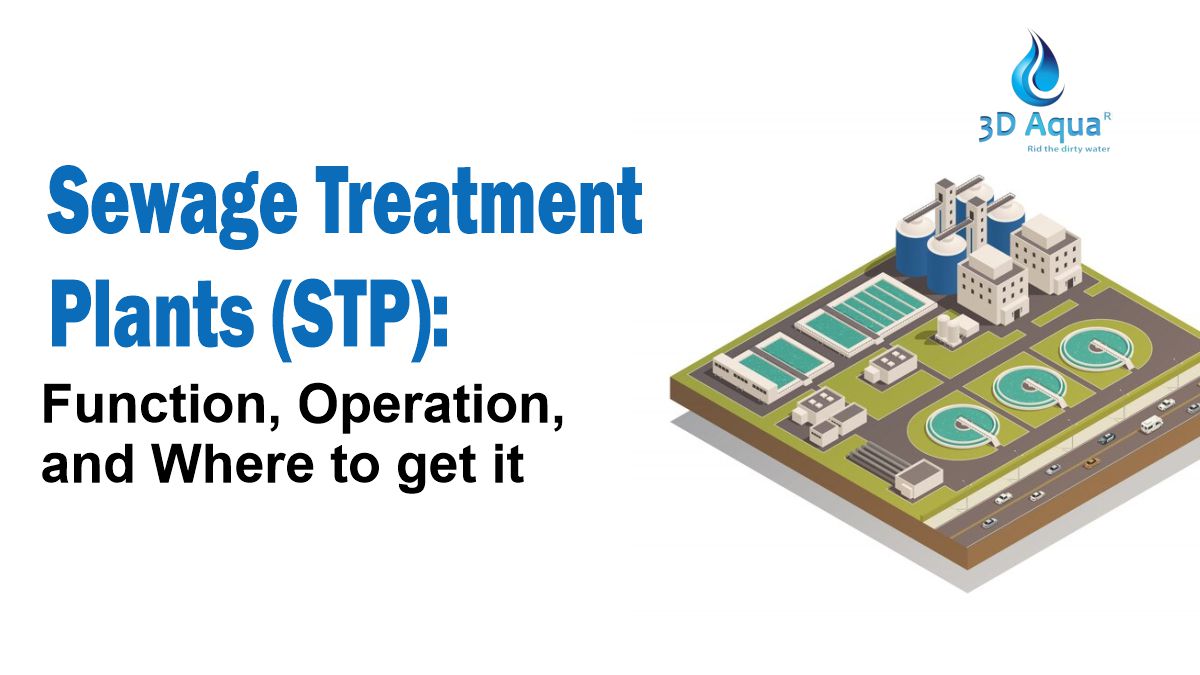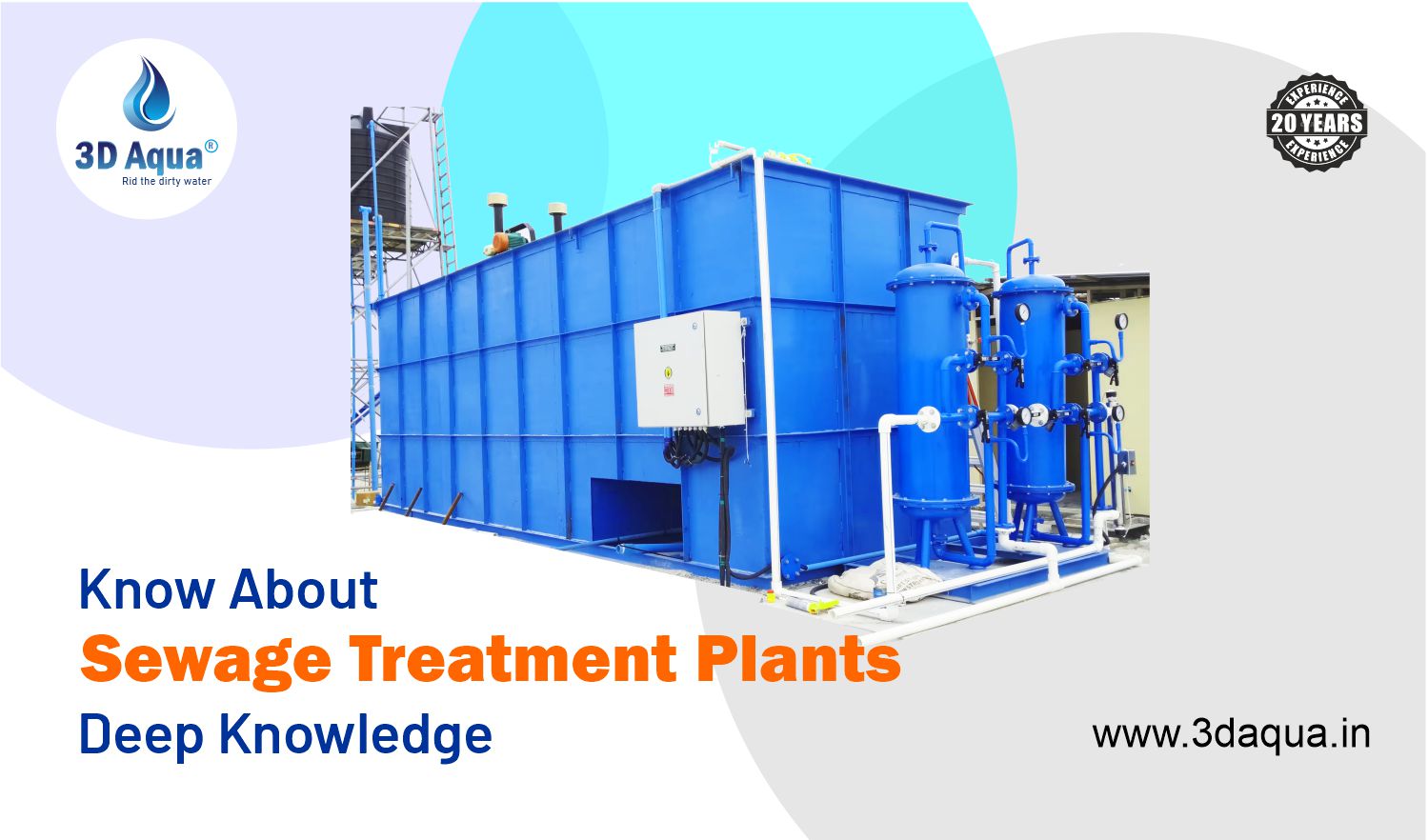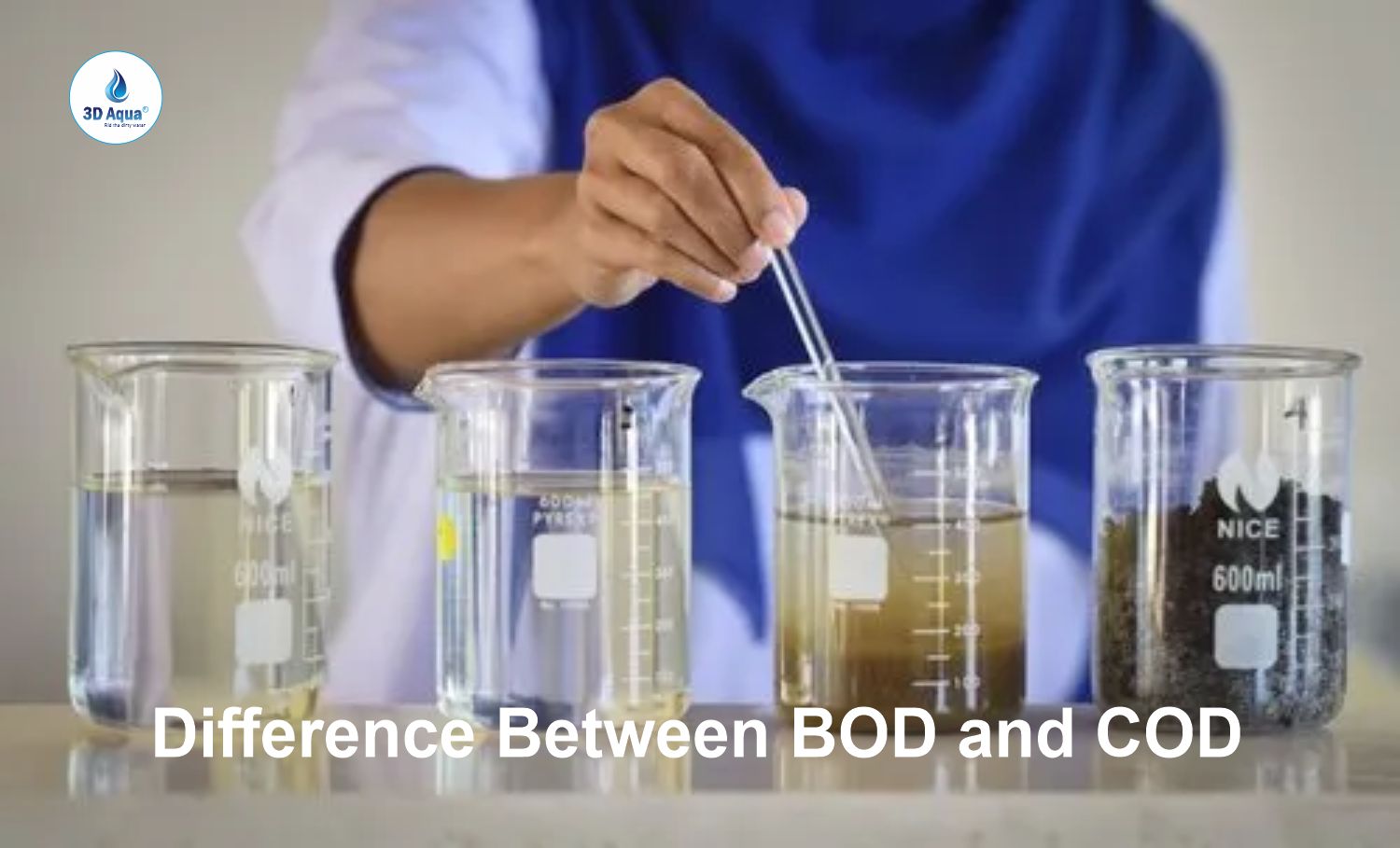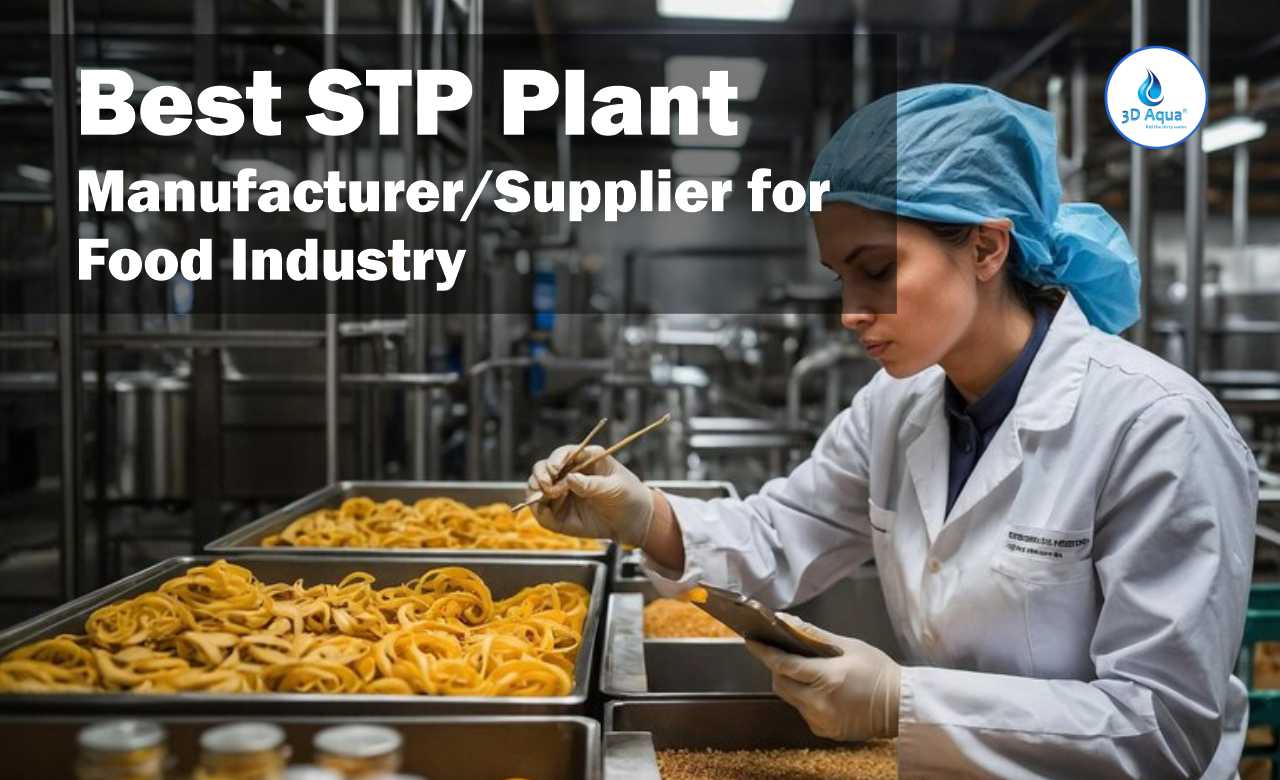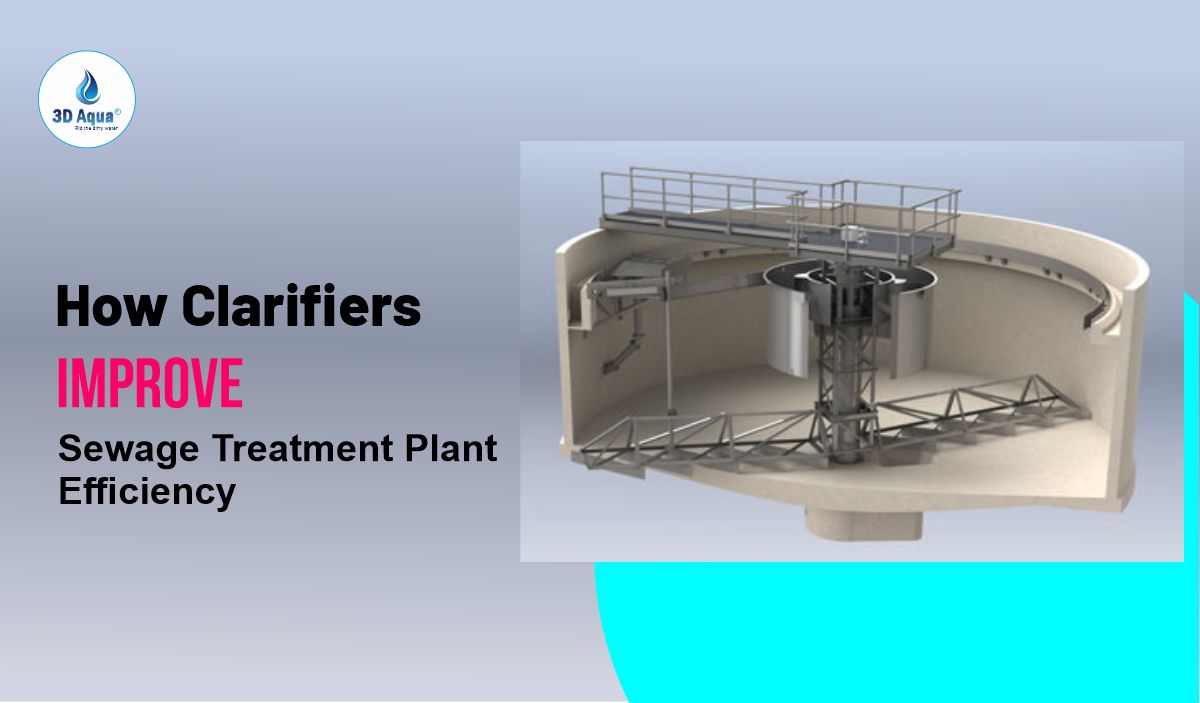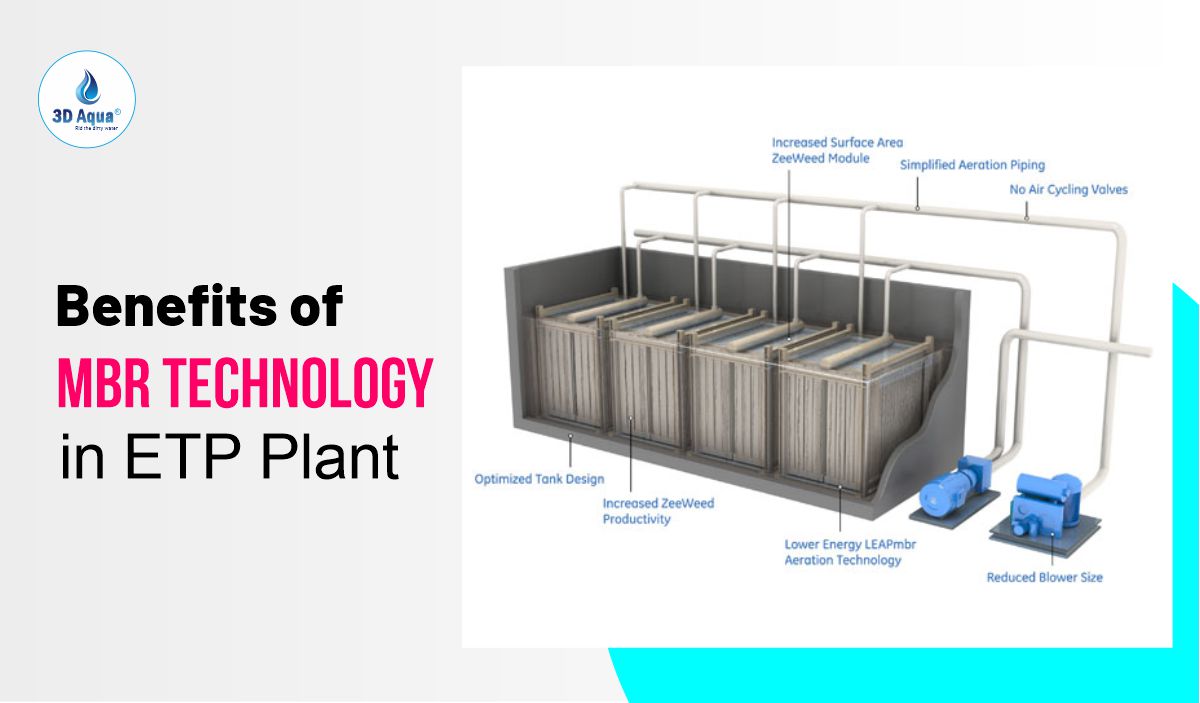Primary vs Secondary Settling Tanks: Key Differences in Operation
In the process of wastewater treatment, the separation of solids from liquids is crucial to improving water quality and ensuring the protection of public health and the environment. Settling tanks—both primary and secondary—play key roles in this mission. These tanks, also known as sedimentation tanks or clarifiers, are designed to allow particles to settle out … Read more

